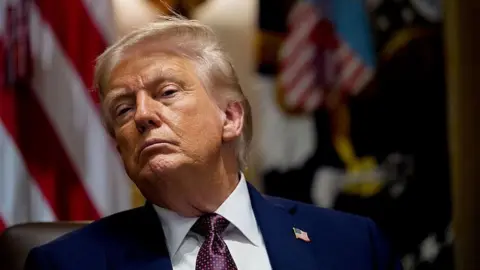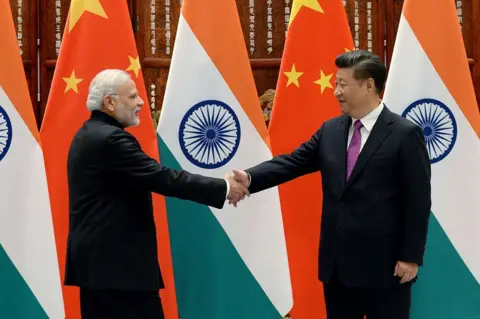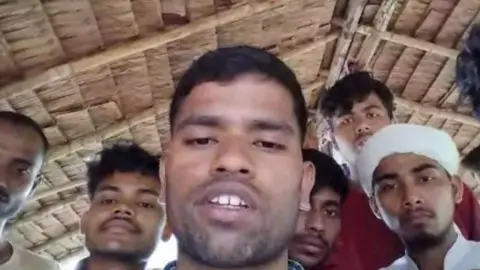Celebrations are in full swing as the Dalai Lama, the exiled spiritual leader of Tibetan Buddhism, marks his 90th birthday this week in Dharamsala, India. Gathering a crowd of over 7,000 followers and dignitaries, including celebrity admirers like actor Richard Gere, many are eagerly waiting for potential hints regarding his succession plan. His office announced that a video message and written statement will be released, although details remain unclear.
Since escaping Tibet in 1959 amidst turmoil against Chinese control, the Dalai Lama has maintained a significant spiritual leadership role while running a government-in-exile. As anticipation builds around this notable occasion, he has previously noted that he would share insights about his succession around this milestone. At a celebration event, he mentioned a potential “framework” for the institution’s continuation, yet did not provide specifics, leaving many followers in suspense.
Historically, the Dalai Lama has fluctuated between preserving the 600-year-old institution or possibly not designating a successor at all. He has suggested that his successor could be female or even come from a new lineage, though he firmly states that any successor must be born outside of Chinese territory, a stance that has provoked ire from Beijing.
Amidst these uncertainties, voices within the Tibetan community express the necessity for early recognition of the next Dalai Lama, concerned about sustaining momentum and unity in their movement. Yet, experts warn that should he name a successor, China is likely to claim its own choice, which many Tibetans and observers predict will face rejection both within Tibet and internationally.
On the cusp of this milestone birthday, the event serves as a poignant reminder of the ongoing Tibetan struggle for recognition and autonomy within China. As the Dalai Lama prepares to offer reflections on his legacy, many followers cling to hope for the preservation of Tibetan identity and spiritual heritage, eager for a leader to fill potentially challenging shoes in the future.






















